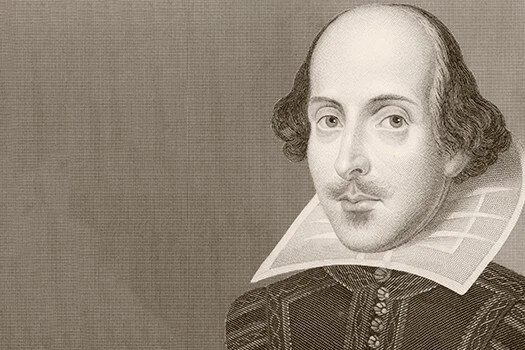“This above all — to thine own self be true,
And it must follow, as the night the day,
Thou canst not then be false to any man.”
—Polonius (Hamlet, Act 1, Scene 3, Lines 78-80)
My favorite quote from Hamlet
Hamlet was first performed in 1609 and is celebrated as Shakespeare’s most performed play. My favorite quote, cited above, is spoken by Polonius to his son, Laertes. Laertes is about to embark on a journey (to France). The scene is a father giving advice to his son.
Like most sons, Laertes has to learn the truth for himself. Don’t we all?
TL;DR - intellectual honesty yields better decision-making, and the teams that make the best decisions win. Therefore, leaders would be well-served to define what “intellectual honesty” means in practice, and treat it as an operating principle or cultural value.
Dedicated truth-seeker and investor Mike Maples may have said it perfectly:
“Ego is about who is right. Truth is about what is right.” —Mike Maples
And in the pursuit of truth, intellectual honesty is a skill—a behavior—that leaders can cultivate:
“The kernel of intellectual honesty is a virtuous disposition to eschew deception when given an incentive for deception.” —Louis M. Guenin, Harvard ethicist
To me, this definition doesn’t go far enough. Intellectual honesty is more than a decision to “eschew deception.” It is a sustained commitment to seeking truth over ego while accurately representing information we have and don’t have. “I don’t know” is a phrase shockingly absent in leadership meetings.
What does intellectual dishonesty look like?
Communicating strong opinions without sharing your reasoning
Communicating strong opinions without sharing your level of confidence
When a leader dictates a strategy without seeking feedback or criticism
Not considering the unknown information related to a decision
Not admitting when you don’t know something
Lack of humility when operating outside one’s circle of competence
Not acknowledging valid arguments or information
The list goes on.
Really good questions to encourage intellectual honesty:
On a scale of 1-100, what is your level of confidence on this topic/decision/opinion?
What would make you change your mind?
What would you have to see in order to change your mind?
In a perfect world, what information do we wish we had?
May the best idea win.
Interested in going deeper?
Wikiversity has a really awesome course on intellectual honesty which you can take for free!
Quora thread: Good examples of intellectual integrity
Adam Grant’s work, some of which was inspired by Jean-Pierre Beugoms on super forecasters, e.g. “once you form a tentative belief, write down a list of conditions that would compel you to change your mind.”

